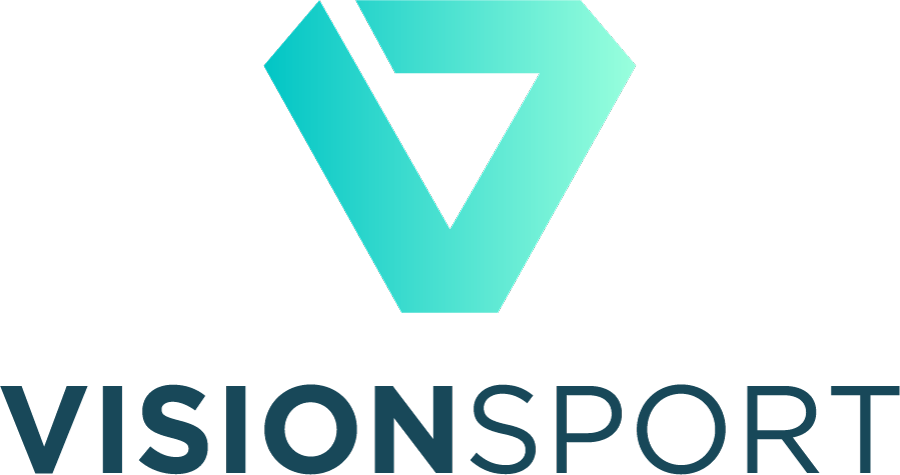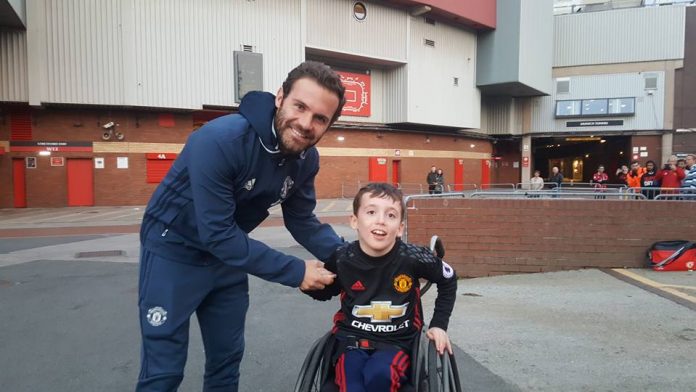
During my recent trip to Catalonia, I learned the true meaning of FC Barcelona’s slogan “més que un club.”
“More than a club” expresses the commitment that Futbol Club Barcelona has maintained down the ages beyond the realm of sport.
For many years, this commitment specifically referred to Catalan society, which for many decades of the 20th century lived under dictatorships that persecuted its language and culture.
Today Barca’s magnificent mantra is much more than that, because the club has extended its social commitment to the rest of the planet.
In 2006 an agreement with Unicef was the Catalan’s way of saying that a sports club should not be marginal to problems going on in society, when Barca gave their full support to the plight of children around the world.
Last month – on 28 April 2015 – FC Barcelona began another new initiative when Camp Nou hosted the First International Symposium on Disability and Football. This was a ground breaking event, which I am proud to say my good friend Phil Downs, Manchester United’s Disability Liason Officer, attended as one of the main speakers.
The event was also supported, among others, by Bayern Munich, Chelsea, AFC Ajaz and their respective experts on disability and social inclusion. I was filming the Symposium for an upcoming documentary I am making for Manchester United’s TV Channel, MUTV.

At the Camp Nou Symposium it was encouraging to hear about the advances made at the participating elite clubs around Europe. What has become apparent since is the true meaning and significance of the opening statement by Phil Downs that “real change takes time.”
Under Downs’ stewardship, since it was launched back in 1989, Manchester United’s Disabled Supporters Association (MUDSA) has made remarkable progress at Old Trafford.
The match day facilities are outstanding and a million light years better than what they were back in the eighties. Hence the invite to Downs to share his knowledge and vision of the future at Camp Nou.
Kim Kramer, the disabled speaker from Bayern Munich, underlined the impact Manchester United’s Disability Liaison Officer has made in helping to shape new stadiums around the world when he described Phil Downs as his mentor, who has inspired him and others to push for better facilities for disabled supporters.
Yet back in Manchester, it is clear to me that the good work done by MUDSA is often handicapped by supporters who put their own interests ahead of the long term goals of the organisation working tirelessly to benefit all disabled supporters.
Take, for example, the case of Martin Emery who has launched a personal campaign against Manchester United because of what he perceives as a failure by the club to accommodate him and his three sons, one of whom is in a wheelchair, on matchday.
Mr Emery was told due to space restrictions, he would have to get another adult to sit with his younger boys, who are aged six and four, while he accompanied Jordan, 18, in the wheelchair section. As a father myself, I understand why all four family members would prefer to sit together. But I think it is a real shame that one disgruntled fan has used the tabloid media to magnify his complaint rather than lend his support to the very organisation constantly working to improve facilities for disabled supporters.
While the media are only interested in highlighting the negative aspects of this story, the truth is that Mr Emery remains welcome to take Jordan to a match at Old Trafford. And I strongly urge him to accept this offer so he can share the match day experience with his son. I would also advise him to join MUDSA and take part in some of the wonderful family events organised for the benefit of disabled supporters held throughout the year.
Over the past six months I have seen first hand how disabled supporters can benefit by working together and sharing social experiences.
As FC Barcelona have demonstrated by hosting last month’s symposium and urging all clubs to take a united approach in tackling how to improve access for disabled supporters, it is clear to me that this is the way forward. By sharing knowledge and ideas, accepting that facilities can be improved and discussing how to make changes thing will continue to get better. The current facilities are not perfect but the advances made and the will to make further improvements are beyond question.
As Phil Downs so eloquently explains, it is all about “evolution not revolution.”


